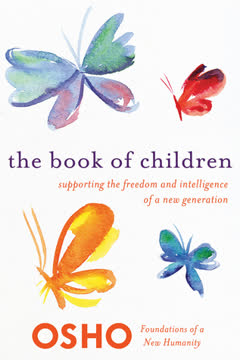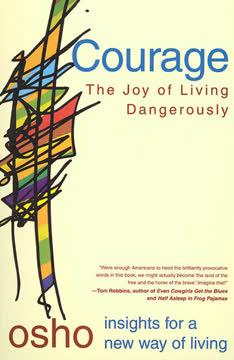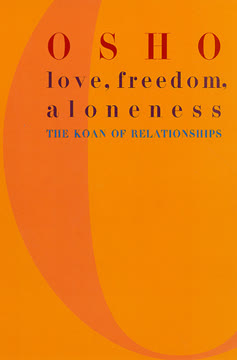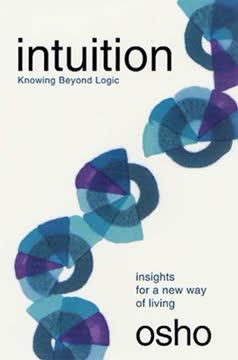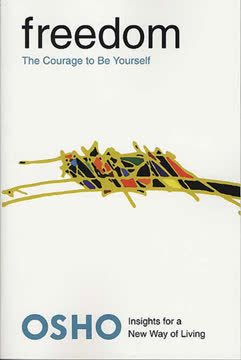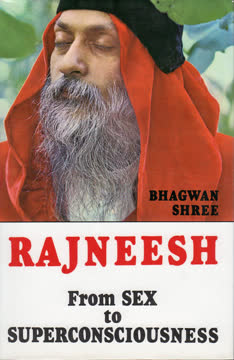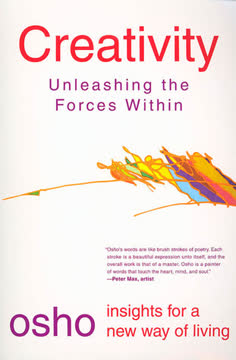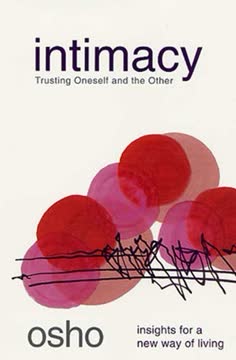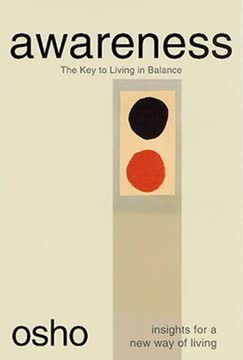Key Takeaways
1. Children are born innocent and naturally meditative
Every child is born ecstatic. Ecstasy is natural. It is not something that happens only to great sages. It is something that everybody brings with him into the world; everybody comes with it.
Innate wisdom. Children enter the world with a sense of wonder, awe, and natural meditation. They possess an inherent connection to existence that allows them to experience life fully and joyously. This state of being is characterized by:
- Spontaneity and authenticity
- Absence of mental barriers and conditioned responses
- Natural curiosity and eagerness to explore
Preserving innocence. To maintain this state of ecstasy, adults should:
- Encourage children's natural tendencies
- Avoid imposing adult perspectives and judgments
- Create environments that foster exploration and discovery
2. Society conditions children, suppressing their innate wisdom
From the very childhood you have been conditioned, you have been forced to learn things which are not true to your nature.
Societal programming. As children grow, they are gradually molded by societal expectations, educational systems, and parental conditioning. This process often leads to:
- Loss of natural spontaneity and joy
- Development of fear, guilt, and inhibitions
- Disconnection from one's true self and potential
Consequences of conditioning:
- Suppression of creativity and individuality
- Adoption of limiting beliefs and behaviors
- Creation of inner conflicts and psychological issues
To counteract this, we must recognize the detrimental effects of excessive conditioning and strive to create environments that nurture rather than suppress children's innate wisdom.
3. Parents should respect and nurture children's individuality
Give love, but don't allow yourself to be dominated. The distinction is subtle but has to be understood.
Balanced parenting. Effective parenting involves striking a delicate balance between providing love and guidance while respecting the child's autonomy. Key aspects include:
- Offering unconditional love and support
- Encouraging independence and self-expression
- Avoiding excessive control or domination
Nurturing individuality:
- Allow children to make age-appropriate decisions
- Respect their opinions and feelings
- Provide a safe space for exploration and mistakes
Parents should aim to be guides rather than dictators, helping children develop their unique personalities and talents while offering necessary boundaries and support.
4. Education should foster creativity and self-discovery
The new education has to teach intelligence, so that we can make the children capable of spontaneously responding to the new realities that will be coming every day.
Holistic learning. A truly effective education system should focus on developing the whole person, not just imparting information. Key components of this approach include:
- Encouraging critical thinking and problem-solving skills
- Fostering creativity and self-expression
- Teaching meditation and self-awareness techniques
Five-dimensional education:
- Informative: Basic knowledge and skills
- Scientific: Analytical and logical thinking
- Art of living: Emotional intelligence and life skills
- Creative: Artistic expression and innovation
- Meditative: Self-awareness and spiritual growth
By adopting this comprehensive approach, education can prepare children for a rapidly changing world while nurturing their innate potential and individuality.
5. Teenagers need freedom to explore and make mistakes
Give your love to your children without any expectation. Give them freedom to be themselves. Don't impose yourself on them.
Adolescent development. The teenage years are crucial for personal growth and self-discovery. During this time, it's essential to:
- Allow teenagers to make their own decisions
- Provide a safe environment for experimentation
- Offer guidance without imposing control
Balancing freedom and responsibility:
- Encourage independent thinking and decision-making
- Discuss consequences of actions without judgment
- Be available for support and advice when needed
By granting teenagers the freedom to explore and make mistakes, parents and educators can help them develop resilience, self-confidence, and a strong sense of identity.
6. Reconciliation with parents is essential for personal growth
If you remain independent, if you attain to the fragrance of freedom, if you become more meditative—and that's why you are here, to become more meditative, to be more silent, more loving, more blissful—then one day you can share your bliss.
Healing relationships. Reconciling with parents is a crucial step in personal development. This process involves:
- Understanding and accepting parents' limitations
- Forgiving past hurts and misunderstandings
- Developing compassion for oneself and one's parents
Steps toward reconciliation:
- Acknowledge and process feelings of anger or resentment
- Cultivate self-awareness and emotional maturity
- Communicate openly and honestly with parents
- Set healthy boundaries while maintaining connection
By working through these issues, individuals can free themselves from the burden of the past and create more authentic, loving relationships with their parents and themselves.
7. Meditation is a path to rediscovering our true nature
Meditation is a natural state—which we have lost. It is a paradise lost, but the paradise can be regained.
Returning to essence. Meditation is not a technique to be learned but a natural state to be rediscovered. It involves:
- Quieting the mind and letting go of thoughts
- Becoming aware of one's inner being
- Reconnecting with the inherent joy and peace within
Benefits of meditation:
- Increased self-awareness and emotional regulation
- Enhanced creativity and problem-solving abilities
- Greater sense of connection to oneself and others
By practicing meditation, both children and adults can reclaim their innate wisdom and experience life with greater clarity, joy, and purpose. It is a powerful tool for personal transformation and spiritual growth.
Last updated:
FAQ
1. What is The Book of Children by Osho about?
- Exploration of childhood qualities: The book delves into the innate innocence, intelligence, and playfulness of children, emphasizing how these qualities are often suppressed by societal conditioning.
- Parenting and societal impact: Osho critiques traditional parenting, education, and social norms, arguing that they stifle children’s natural growth and individuality.
- Vision for a new generation: The book presents a vision for raising children with freedom, respect, and love, aiming to support the emergence of a more conscious and authentic generation.
2. Why should I read The Book of Children by Osho?
- Profound insights on childhood: The book offers deep psychological and spiritual perspectives on child development, challenging conventional approaches to parenting and education.
- Practical parenting guidance: Osho provides actionable advice for pregnancy, childbirth, and raising children, all rooted in respect for the child’s individuality.
- Philosophical and spiritual depth: The book connects childhood qualities with spiritual growth, offering readers a richer understanding of human potential and the path to rediscovering innocence.
3. What are the key takeaways from The Book of Children by Osho?
- Preserve innocence and intelligence: Children’s natural qualities should be protected from societal conditioning and interference.
- Non-interference and respect: Parents and educators should practice non-doing, allowing children to grow authentically without imposing their own fears or desires.
- Holistic development: True education and parenting nurture not just intellect, but also creativity, love, and spiritual awareness.
- Freedom and responsibility: Children thrive in environments that balance love, discipline, and freedom, fostering both individuality and responsibility.
4. What are the best quotes from The Book of Children by Osho and what do they mean?
- “Your children will be more intelligent than you, and your children’s children will be more intelligent than your children.” This highlights the evolutionary momentum of intelligence and the need for parents to respect the new.
- “Innocence is courage and clarity combined.” Osho emphasizes that innocence is not ignorance, but a powerful state of being that adults should strive to regain.
- “The greatest slavery is conditioning.” This quote underlines the book’s central critique of how societal norms suppress individuality and freedom.
- “Love should be like breathing—free and flowing, not controlled or monopolized.” Osho advocates for relationships based on freedom and joy rather than possession.
5. How does Osho define the key qualities of children in The Book of Children?
- Innocence and clarity: Children are born with a pure consciousness, unburdened by past conditioning, which Osho sees as a source of courage and clarity.
- Playfulness as spirituality: Playfulness is described as a vital spiritual quality, often suppressed by adults but essential for creativity and joy.
- Intrinsic intelligence: Intelligence is seen as inborn and delicate, easily overshadowed by ego and societal conditioning but crucial for authenticity and rebellion.
6. What is Osho’s critique of traditional education in The Book of Children?
- Focus on rote learning: Osho argues that conventional education emphasizes memorization and competition, producing “robots” rather than creative, joyful individuals.
- Neglect of inner growth: True education, according to Osho, should foster intelligence, creativity, love, and a connection with nature and the divine.
- Five-dimensional model: He proposes a holistic approach including informative knowledge, sciences, art of living, creativity, and the art of dying (meditation and self-awareness).
7. How does The Book of Children by Osho address the impact of societal conditioning on children?
- Conditioning as slavery: Osho describes societal and parental conditioning as the greatest form of slavery, robbing children of their freedom and individuality.
- Suppression of intelligence: Conditioning suppresses natural intelligence and rebelliousness, leading to conformity and loss of authenticity.
- Need for privacy and freedom: Children require privacy and non-interference to develop their true selves, and constant imposition of beliefs is seen as harmful.
8. What practical parenting advice does Osho offer in The Book of Children?
- Balance love and discipline: Both are essential; love nurtures, while discipline prepares children for life’s realities.
- Allow natural expression: Children should be free to express emotions like anger and sadness, as suppression leads to psychological issues.
- Avoid overprotection: Excessive worry and interference can suffocate a child’s growth; trust in the child’s natural intelligence is key.
9. What does Osho say about pregnancy, childbirth, and infancy in The Book of Children?
- Right timing and mental health: Parenthood should be chosen consciously, with mental health and readiness as prerequisites.
- Positive environment: Mothers should maintain happiness and love during pregnancy, as the child absorbs the mother’s mental state; fathers should provide support.
- Gentle birth process: Osho advocates for a relaxed, non-interfering birth, gradual introduction to the world, and keeping the child close to the mother initially.
10. How does Osho describe the natural stages of sexuality in children in The Book of Children?
- Autosexual stage: Early self-exploration is natural and should not be repressed, as doing so creates guilt and hypocrisy.
- Homosexual stage: A phase of same-sex affection and bonding, important for understanding and preparing for adult sexuality.
- Heterosexual stage: The mature stage of loving the opposite sex, which develops healthily if earlier stages are respected and not suppressed.
11. What role does meditation play in child development according to The Book of Children by Osho?
- Rediscovering childlike intelligence: Meditation helps adults and children reconnect with their original innocence and intelligence, lost through conditioning.
- Natural state for children: Children are seen as natural mystics, and meditation nurtures their spontaneity and awareness.
- Practical techniques: Osho suggests playful meditation methods for children, such as gibberish, laughter, and movement, to maintain their natural meditative state.
12. How does Osho address responsibility and individuality in The Book of Children?
- Responsibility to oneself: True maturity comes from being responsible for oneself, not for meeting societal or parental expectations.
- Learning through experience: Osho emphasizes direct experience of cause and effect, allowing children to develop their own sense of right and wrong.
- Freedom through responsibility: Accepting personal responsibility leads to authentic living, courage, and the development of individuality.
Review Summary
Book of Children receives mostly positive reviews, praised for its unconventional ideas on child-rearing and personal growth. Readers appreciate Osho's unique perspectives on education, meditation, and regaining childlike innocence. Some find his ideas challenging or controversial, particularly regarding sexuality. Critics argue some concepts lack scientific basis. The book is recommended for parents, educators, and those interested in personal development. Overall, readers find it thought-provoking and potentially transformative, though some struggle with its more radical ideas.
Similar Books
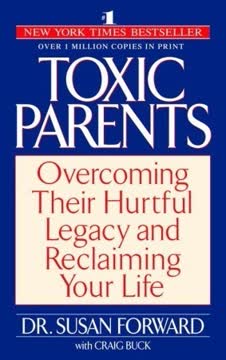
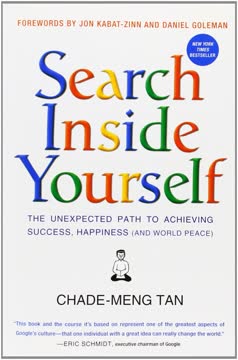
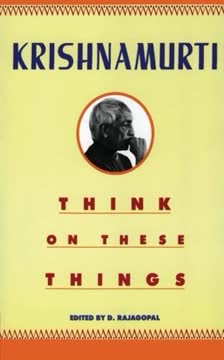
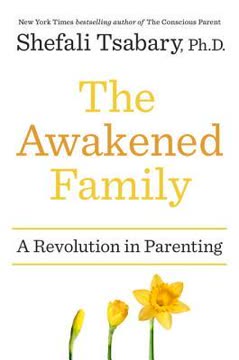


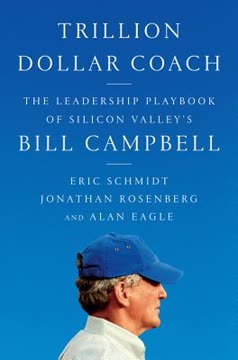

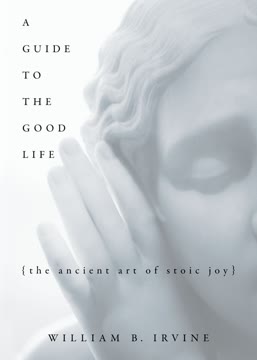
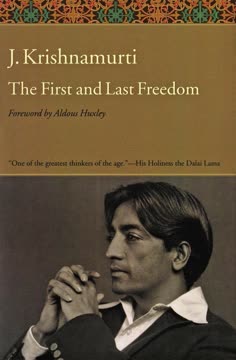
Download PDF
Download EPUB
.epub digital book format is ideal for reading ebooks on phones, tablets, and e-readers.
